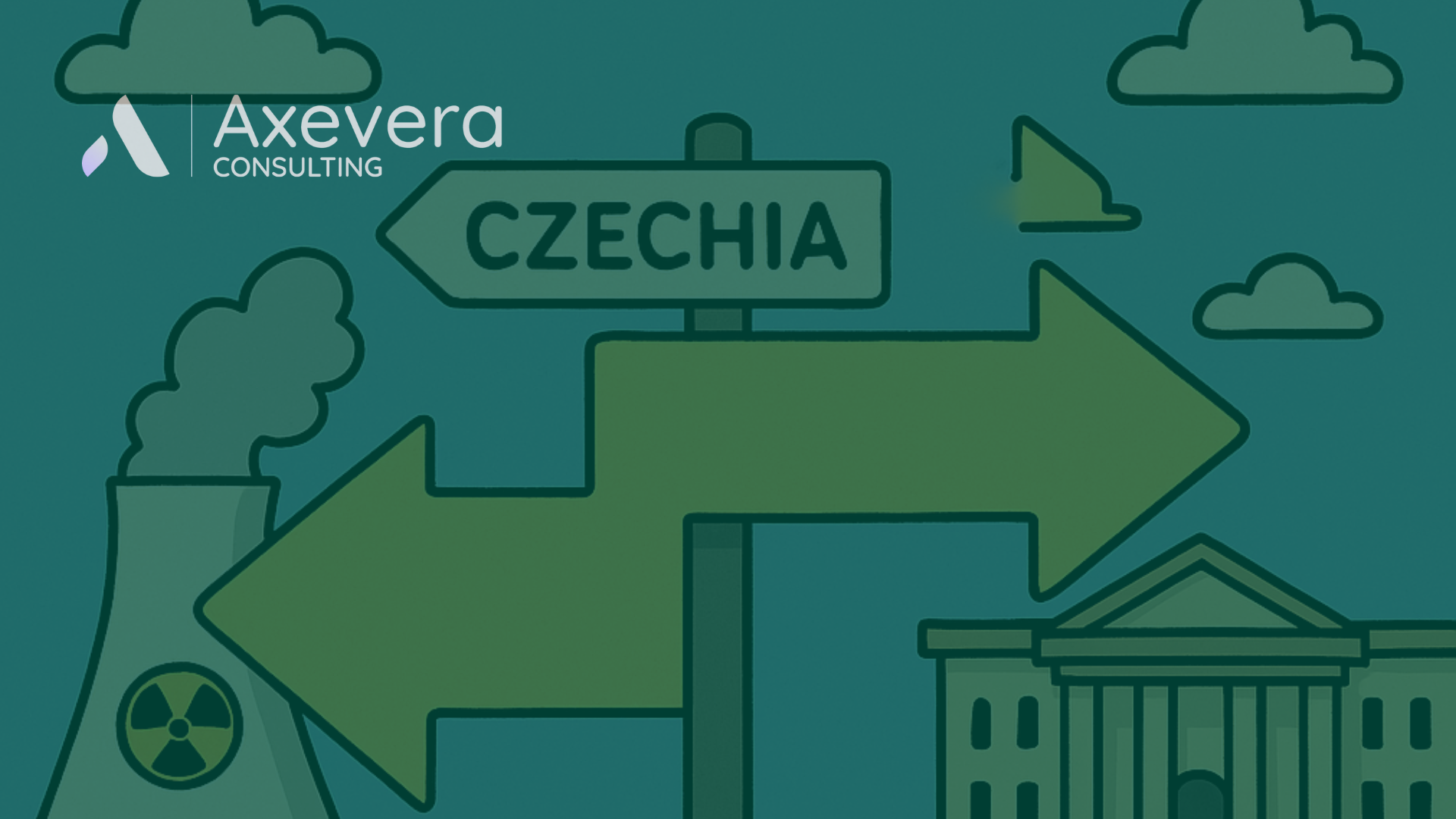
The recent meeting between President Petr Pavel and outgoing Minister of Industry and Trade Lukas Vlcek (STAN) marks a significant moment in the Czech Republic’s energy and industrial debate.
At the core of the discussion were two priorities for the nation’s economic future: the progress of the new Dukovany nuclear reactors project and the implementation of the National Economic Strategy. Both elements are essential for consolidating the country’s energy security and maintaining competitiveness in a rapidly evolving European context.
The Dukovany Project: Progress and Industrial Impact
According to oEnergetice.cz, the preliminary geological surveys for the new reactors at Dukovany are proceeding according to schedule. Launched in August, the activities will last about a year and involve up to 300 geological tests.
The project, awarded to South Korea’s KHNP (Korea Hydro & Nuclear Power), foresees that Czech companies will execute all on-site work, ensuring a direct return to the local economy and skilled labor market.
The investment — estimated at hundreds of millions of Czech crowns — represents a crucial preparatory step to assess the site’s stability and suitability for reactor installation. In the medium term, Dukovany could significantly enhance national nuclear capacity, reduce energy dependence on imports, and stabilize the Czech low-emission energy mix.
Energy Governance and State Control: The ČEZ Debate
President Pavel and Minister Vlcek also addressed energy governance issues, particularly the ANO party’s plans for a future government. Among its goals is the intention to bring the national utility ČEZ fully under state control.
Vlcek described this proposal as “nonsensical,” pointing to the possible economic and regulatory risks of a complete nationalization. Market observers note that such a move could affect ČEZ’s market valuation, investor confidence, and competition in the Czech energy sector. Nevertheless, proponents argue that full state ownership could ensure price stability and strategic sovereignty during a complex energy transition.
Strategic Outlook
These developments reflect a deep alignment between industrial policy, energy strategy, and national governance. The combination of large-scale infrastructure investment (such as Dukovany) and an active debate on state participation in strategic markets outlines a scenario where sustainability, security, and competitiveness are closely intertwined.
For companies and investors, monitoring both the progress of the nuclear project and policy decisions on ČEZ will be crucial to assess risks, opportunities, and long-term perspectives in a politically driven energy market.
Ai image.





